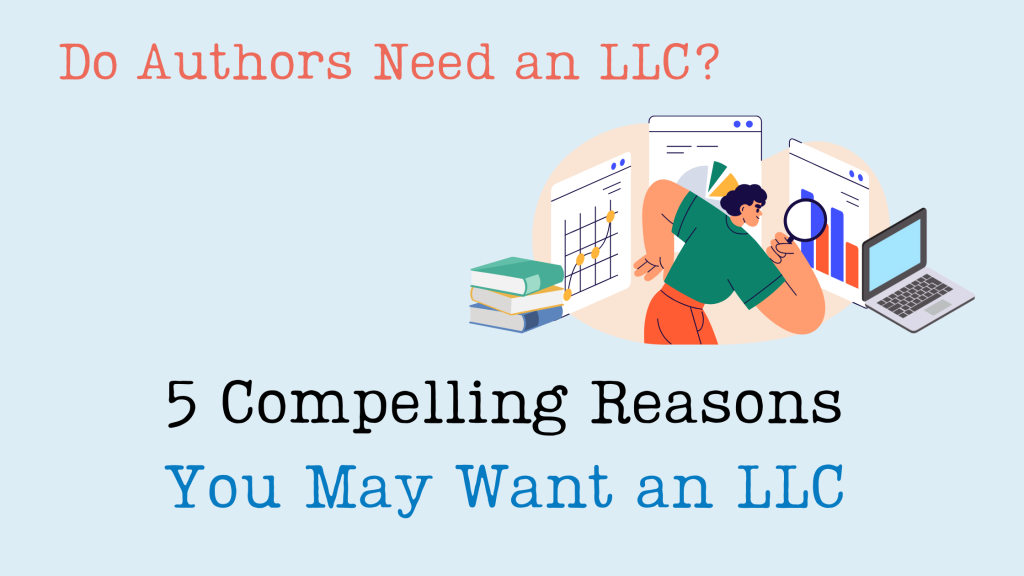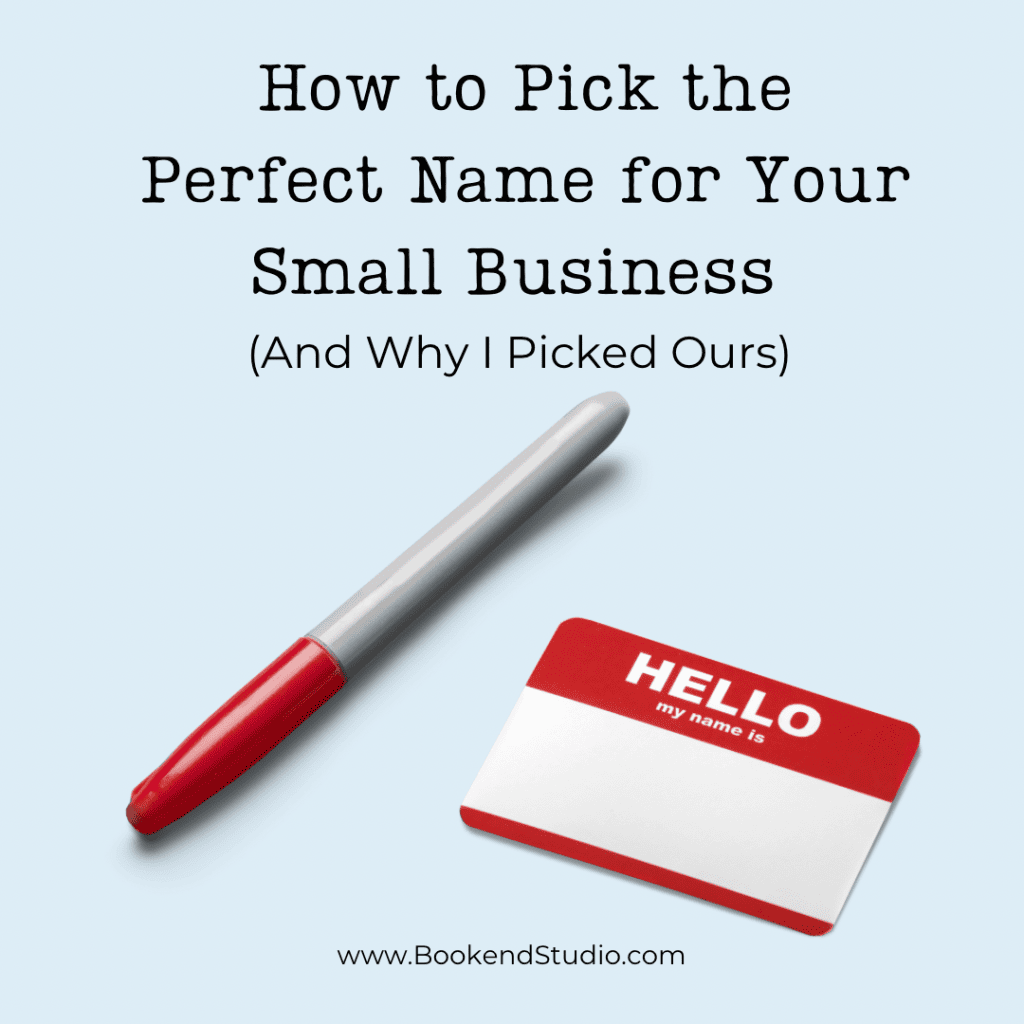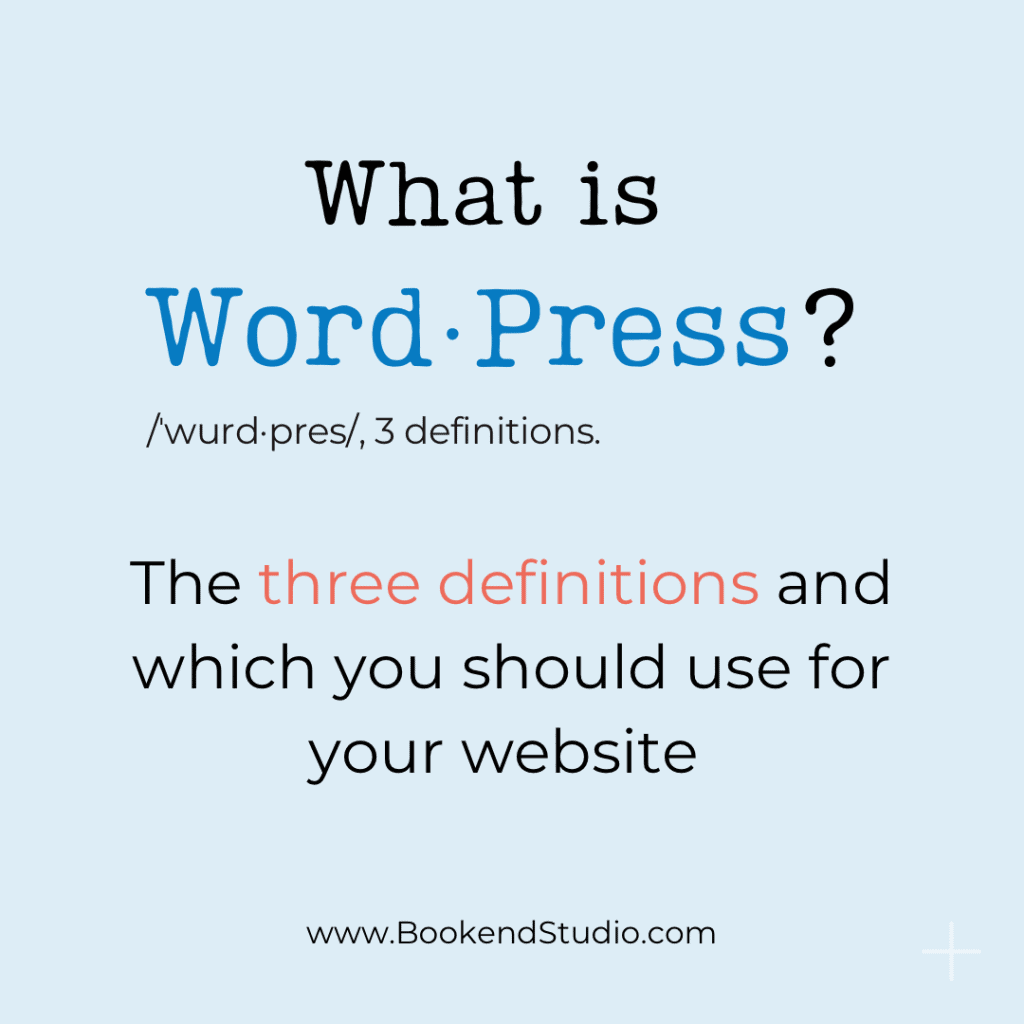By Ann Koppuzha, Powerhouse Legal Strategy
A question I often see is: Do authors need an LLC? This post will give 5 reasons you may want an LLC for your writing business.

Do authors need an LLC?
You’re automatically a sole proprietor.
When you embark on any business venture, the government stylishly tags you as a ‘sole proprietor.’ Being a sole proprietor means you and your business wear the same outfit. In simpler terms? Your personal finances are the same as your business finances.
Starting as a sole proprietor is the quickest way to roll, and it’s the route most authors take. Why? Because it’s effortless. The moment you begin, voilà, you’re a sole proprietor by default. No paperwork, no fuss.
Why authors should consider an LLC
An LLC provides legal and financial protection
However, some authors want to up their game and financial protection with an LLC. As an author, your craft produces valuable intellectual property, and safeguarding these creative assets is paramount. Establishing an LLC that holds the copyright to your work offers a fortified layer of financial defense. When your LLC holds the copyright to your works, it becomes notably challenging for personal creditors—like those from bankruptcies or personal lawsuits—to lay claim to the assets within the LLC.
While personal creditors might gain access to the immediate revenue funneling into your personal account from your LLC, they’d face greater obstacles when trying to tap into the ongoing revenue from the source of the creative works. That may be why author and lawyer John Grisham’s company, Belfray Holdings, Inc., owns the copyright to his books.
Plus, if you plan on branching out into merchandise, public speaking, or online courses, an LLC offers a neat, legal way to manage all these different revenue streams. You can set up your business bank account and credit cards to manage your finances, making tax time much easier.
Having an LLC becomes crucial if you’re planning to use Stripe or any other payment processor to sell your books directly from your author website. Here’s why: cybercrime is a real and escalating threat in the digital age. Imagine a scenario where a fraudster hijacks your Stripe account and begins to process illegal transactions. Happens all the time. In such cases, you would be responsible for those fraudulent activities. Yup, really.
Having an LLC helps protect your personal assets from such business-related liabilities. The LLC serves as a legal barrier between your business operations and your personal finances, meaning that in the unfortunate event of cybercrime or any legal disputes, your personal savings, home, and other assets are shielded from any business debts or claims. So, think of an LLC as a form of personal financial protection that’s especially important in the vulnerable world of online transactions.
Setting up an LLC involves a bit of legwork (think paperwork and a filing fee ranging from $100-$800+); the paperwork and fees vary by state.
Pros and Cons of Forming an LLC for Authors

Pros for authors:
- Limited Liability Protection: One of the most significant benefits is in the name itself—Limited Liability Company. This structure protects your personal assets from business debts and lawsuits.
- Tax Flexibility: With an LLC, you can choose how you want to be taxed. The default is the pass-through taxation typical of sole proprietorships, but you could also opt for corporate taxation or an S-corp if that suits your financial situation better.
- Credibility Boost: Having LLC in your business name can enhance your professional image. It sends a message that you are committed to your authorial career.
- Separation of Personal and Business Finances: Having an LLC allows you to open a business bank account. This makes managing business income and expenses easier, and you’ll likely save on taxes, which can be a major plus during tax season.
- Future-proofing: As your author brand grows, having an LLC makes it easier to take on partners, sell your business, or pass it on to heirs.
Cons of an LLC:
- Cost: The initial setup and state filing fees can range from $100 to $800, which might be steep for authors starting out.
- Paperwork: While not as documentation-heavy as corporations, LLCs still require some initial paperwork and possibly ongoing filings with the state.
- Self-Employment Taxes: Because LLC profits are subject to self-employment taxes, this can be a significant downside if your author business becomes very profitable.
- Varying State Rules: LLC regulations can differ from state to state. This can complicate matters if you move or want to expand your business into another state.
When should authors open an LLC?

Consider an LLC…
If your annual earnings exceed $10k, it’s time to consider it. More success and visibility can sometimes mean more risks.
If you use payment platforms like Stripe to sell your books directly, you should have an LLC. Think of an LLC as your financial bodyguard, especially against possible fraud. Vital, right?
Skip an LLC…
If you’re a budding author earning under $5k annually and don’t have direct payment platforms like Stripe, you might hold off on the LLC for now. The urgency is less if your exposure is minimal and you’re not cashing in big checks.
How to form an LLC for authors
What You’ll Need to Start an Author LLC
Before diving into the paperwork, you’ll need a few things. Generally, you’ll need a unique business name that complies with your state’s LLC rules. You’ll also need an “Articles of Organization” document, a simple form stating the names of the LLC owners, and some basic information about your business. Finally, you’ll need a registered agent and address. A registered agent is a person or entity authorized to accept legal papers on the LLC’s behalf.
Five Steps to DIYing Your LLC Setup
1. Dive into your state government’s rules to grasp the LLC filing process.
2. Complete the necessary paperwork and register your business name.
3. Pay the stipulated filing fee.
4. Open a separate bank account for your shiny new LLC.
5. Renew your LLC every year.
If you’re feeling a tad overwhelmed or just want some guidance, reach out to Powerhouse Legal Strategy.
Renewing Your LLC
Remember, an LLC isn’t a ‘set it and forget it’ type of deal. Many states require an annual report or some form of regular renewal to keep your LLC active. Failing to comply with renewal deadlines can result in fines or even the dissolution of your LLC, so mark these dates on your calendar.
Going Solo or Getting Legal Help for Your LLC
You can absolutely set up an LLC solo. Each state has its own rules, so a quick check with your local guidelines will set you on the path. It’s all about filling out forms, registering your unique name, and paying the necessary fees.
If, however, legal paperwork feels like deciphering hieroglyphics or you’re aiming for specialized tax benefits, it might be time to ring up a lawyer.
Disclaimer
Quick heads-up: Remember, this isn’t formal legal advice—just sharing
some thoughts and insights here! If you’re diving into the nitty-gritty
legal stuff, chatting with a legal pro is always a good idea. ????
About Ann Koppuzha:
Ann Koppuzha isn’t just a writer, lawyer, entrepreneur, and designer—she’s a creative force blending her business and legal prowess with an innate passion for innovation. Her mission is to empower forward-thinking entrepreneurs, dynamic creatives, and influential thought leaders. With Ann, they find a partner dedicated to constructing sustainable businesses that harness their unique talents and passions to illuminate the world. Her holistic approach encompasses legal expertise, digital savviness, and strategic business guidance, all geared toward helping creatives and entrepreneurs live happier, healthier, and wealthier lives.
Ann shares free business, legal resources and digital resources at Powerhouse Legal and The Business Reserve.

Get our free Guides
Your contact info will never be shared. You can unsubscribe at any time. (But we’ll miss you.)



